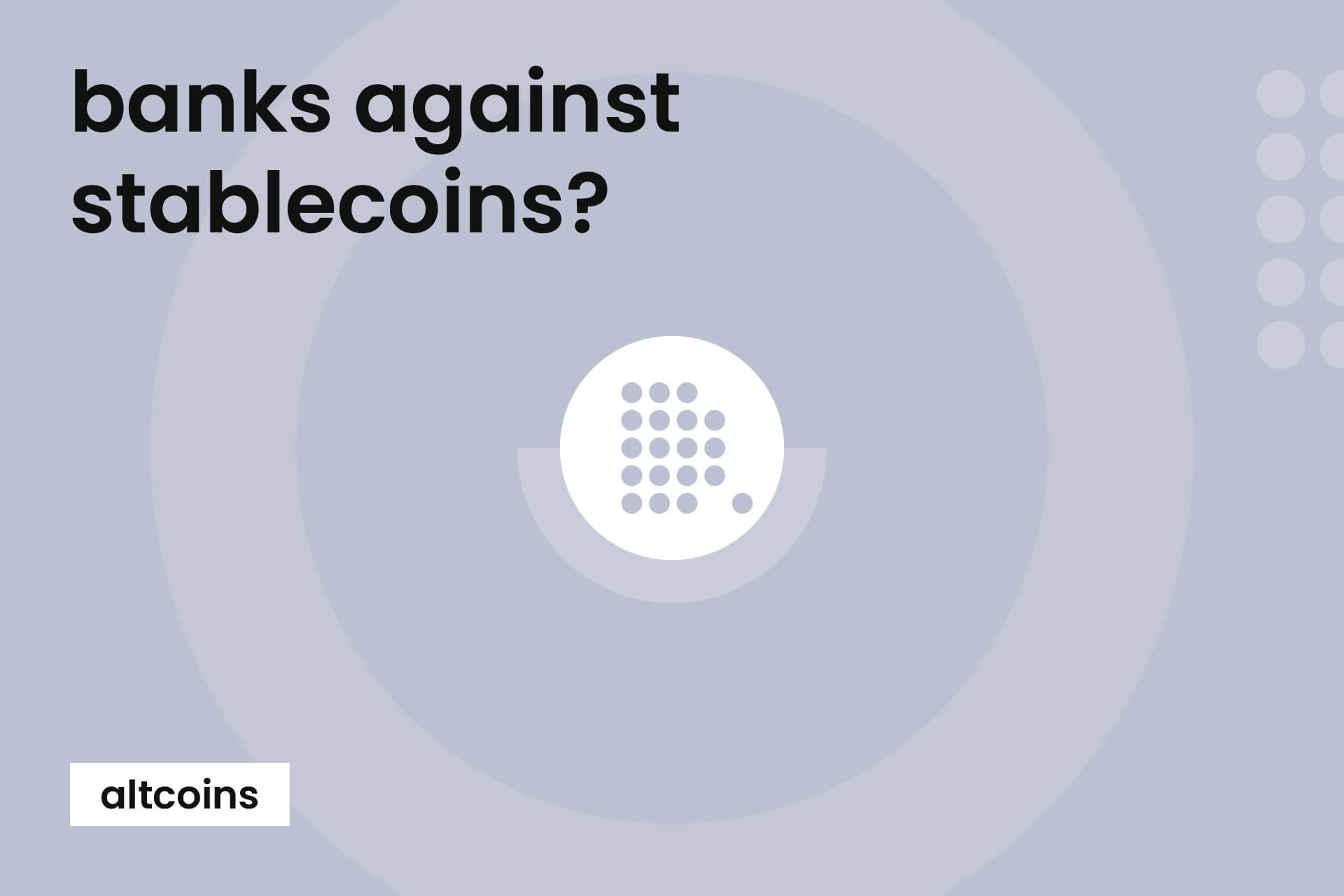
Stablecoins are a possible threat to the global financial system and they need to be heavily regulated, announced the G20.
The Financial Stability Board (FSB) of G20, published the official study on stablecoins this Tuesday, where it outlined its concerns about stablecoins and set out 10 high-level recommendations focused on financial regulation and supervisory issues.
FSB is an international authority that monitors and makes recommendations about the global financial system. It includes all G20 major economies, and the European Commission in order to develop the implementation of regulatory, supervisory and other financial sector policies.
According to the Board, stablecoins are risk to the global financial stability:
So-called "stablecoins", like other crypto-assets, have the potential to enhance the efficiency of the provision of financial services, but may also generate risks to financial stability, if they are adopted at a significant scale.
The FSB claims that widespread adoption of stablecoins could be important in and across jurisdictions, however, it has to be regulated like any other financial business, which means complying with the rules of financial risk, regardless of the technology used.
Sponsored
The Board admitted that currently existing financial rules, like payments checks or customer due diligence, can be applied to stablecoins and help to reduce at least the part of the risk the digital assets generate.
However, due to uneven coverage across countries, there may be gaps in cross-border stablecoin supervision. Because of that FSB recommends flexible cross-border cooperation to avoid a stablecoin conflict within different jurisdictions.
Sponsored
Meanwhile, other recommendations for stablecoin operators include effective risk management, operational resistance, safeguards against cyber attacks. The Board also instructed to maintain strict Anti-Money Laundering and Counter-Terrorism Financing controls.
Governments see the risks
The document elaborated on why coins, tied to the traditional currency or assets might be a threat to the traditional financial system. Some of these worries are related to their lack of adoption. The Board members believe that even small deviations from the pegged assets may have significant financial implications on a mass scale.
Another risk factor is the underlying infrastructure of stablecoins. The governments behind the G20 believe that the low scalability of stablecoins might cause possible outages in payments. The facts could be dangerous for the economies if they only relied on the stablecoins.
Furthermore, the document reveals another motive, why the member countries of FSB would like to regulate decentralized stablecoins. And it is the threat to existing fiat currencies and centralized capital flow.
During periods of stress, households in some countries might come to regard [stablecoins] as a safe store of value over existing fiat currencies and exacerbate destabilizing capital flows. Volatile capital flows can have a destabilizing effect on exchange rates and on domestic bank funding and intermediation.
Possible effects on cryptocurrency markets
Stablecoins have a crucial role in the cryptocurrency ecosystem. The five largest stablecoins account for two-thirds of all total trade.
The coins give traders and investors an ability to move from cryptocurrency to fiat token instead of moving to fiat in the bank accounts. An extra level of efficiency helps to improve the liquidity in the cryptocurrency markets.
This means the decrease of liquidity for all cryptocurrencies, meanwhile institutional lenders and cryptocurrency exchanges, like Binance, will be suffering the most. At a press time, the top five trading pairs on Binance’s platform use stablecoin Tether (USDT), which is more than 50% of the exchange’s volume.
The stablecoins, that run on a permissionless blockchain, might simply be out of business. The entire decentralized finance (DeFi) sector could suffer tremendously as well as the blockchain projects that are heavily reliant on stablecoins such as the MakerDAO and Compound.
Furthermore, eliminating the private decentralized stablecoins out of the field would make it easier for governments to implement and adopt their own central bank digital coins (CBDC).
